Filter by
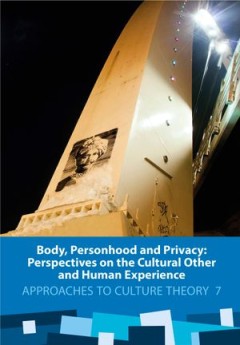
Body, Personhood and Privacy Perspectives On The Cultural Other and Human Ex…
This book studies how the concepts of body, personhood and privacy can be expanded across disciplinary borders. Notwithstanding the diversity of empirical material and theoretical frameworks, the chapters suggest innovative tools for common key issues: dialogue with the cultural Other, the appropriation of space, and personality. Human embodiment and ethical aspects of representing and regulati…
- Edition
- -
- ISBN/ISSN
- 9789949774593
- Collation
- -
- Series Title
- -
- Call Number
- -
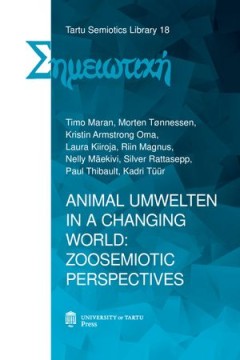
Animal Umwelten in a Changing World
The book raises semiotic questions of human–animal relations: what is the semiotic character of different species, how humans endow animals with meaning, and how animal sign exchange and communication has coped with environmental change. The book takes a zoosemiotic approach and considers different species as being integrated with the environment via their specific umwelt or subjective percep…
- Edition
- -
- ISBN/ISSN
- 9789949772810
- Collation
- -
- Series Title
- -
- Call Number
- -
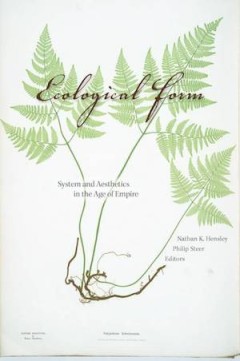
Ecological Form
Hensley and Steer look to join the conceptual tools of contemporary ecocriticism with the rich archive of nineteenth century thinking about imperial and ecological intertwinement. This collection of essays draws on that archive to demonstrate the relevance of Victorian thought for current theory and practice. Ecological Form argues that ecology, the empire, and literary thinking were inseparabl…
- Edition
- -
- ISBN/ISSN
- 9780823282128
- Collation
- -
- Series Title
- -
- Call Number
- -
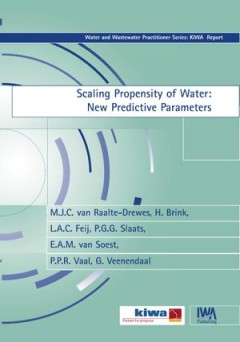
World Literatures
"Placing itself within the burgeoning field of world literary studies, the organising principle of this book is that of an open-ended dynamic, namely the cosmopolitan-vernacular exchange. As an adaptable comparative fulcrum for literary studies, the notion of the cosmopolitan-vernacular exchange accommodates also highly localised literatures. In this way, it redresses what has repeatedly been i…
- Edition
- -
- ISBN/ISSN
- 9789176350768
- Collation
- -
- Series Title
- -
- Call Number
- -
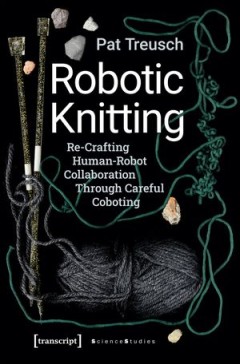
Working-Class Literature(s)
"The aim of this collection is to make possible the forging of a more robust, politically useful, and theoretically elaborate understanding of working-class literature(s). These essays map a substantial terrain: the history of working-class literature(s) in Russia/The Soviet Union, The USA, Finland, Sweden, The UK, and Mexico. Together they give a complex and comparative – albeit far from com…
- Edition
- -
- ISBN/ISSN
- 9789176350515
- Collation
- -
- Series Title
- -
- Call Number
- -
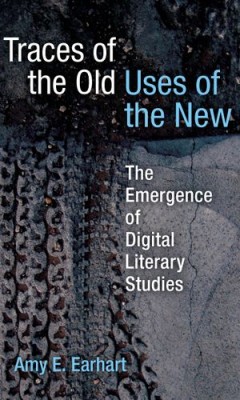
Traces of the Old, Uses of the New: The Emergence of Digital Literary Studies
Digital Humanities remains a contested, umbrella term covering many types of work in numerous disciplines, including literature, history, linguistics, classics, theater, performance studies, film, media studies, computer science, and information science. In Traces of the Old, Uses of the New: The Emergence of Digital Literary Studies, Amy Earhart stakes a claim for discipline-specific history o…
- Edition
- -
- ISBN/ISSN
- 9780472900688
- Collation
- -
- Series Title
- -
- Call Number
- -
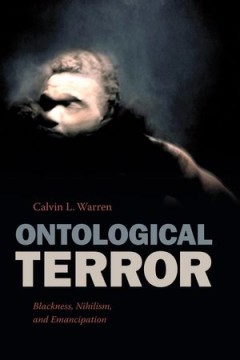
Ontological Terror
In Ontological Terror Calvin L. Warren intervenes in Afro-pessimism, Heideggerian metaphysics, and black humanist philosophy by positing that the "Negro question" is intimately imbricated with questions of Being. Warren uses the figure of the antebellum free black as a philosophical paradigm for thinking through the tensions between blackness and Being. He illustrates how blacks embody a metaph…
- Edition
- -
- ISBN/ISSN
- 9780822370727
- Collation
- -
- Series Title
- -
- Call Number
- -
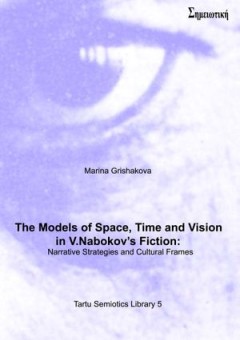
The Models of Space, Time and Vision in V. Nabokov’S Fiction: Narrative Str…
Marina Grishakova belongs to the younger generation scholars of the Tartu-Moscow school of semiotics. Her book is part of a semio-narratological tradition of a single author or a single work research that tackles issues of wider theoretical import: applicability of the concept of “modeling” in the humanities, theory of mimesis and the function of experimental literature in (post)modernist c…
- Edition
- -
- ISBN/ISSN
- 9789949320684
- Collation
- -
- Series Title
- -
- Call Number
- 791 GRI m
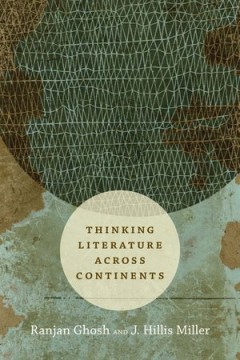
Thinking Literature across Continents
Thinking Literature across Continents finds Ranjan Ghosh and J. Hillis Miller— two thinkers from different continents, cultures, training, and critical perspectives— debating and reflecting upon what literature is and why it matters. Ghosh and Miller do not attempt to formulate a joint theory of literature; rather, they allow their different backgrounds and lively disagreements to stimulate…
- Edition
- -
- ISBN/ISSN
- 9780822361541
- Collation
- -
- Series Title
- -
- Call Number
- -

The Philosophical Salon: Speculations, Reflections, Interventions
Through the interpretative lens of today’s leading thinkers, The Philosophical Salon illuminates the persistent intellectual queries and the most disquieting concerns of our actuality. Across its three main divisions—Speculations, Reflections, and Interventions—the volume constructs a complex mirror, in which our age might be able to recognize itself with all its imperfections, shadowy sp…
- Edition
- -
- ISBN/ISSN
- 9781785420382
- Collation
- -
- Series Title
- -
- Call Number
- -
 Computer Science, Information & General Works
Computer Science, Information & General Works  Philosophy & Psychology
Philosophy & Psychology  Religion
Religion  Social Sciences
Social Sciences  Language
Language  Pure Science
Pure Science  Applied Sciences
Applied Sciences  Art & Recreation
Art & Recreation  Literature
Literature  History & Geography
History & Geography